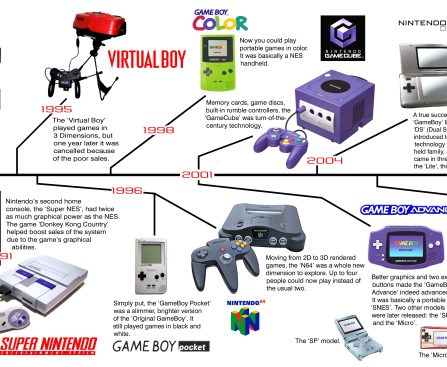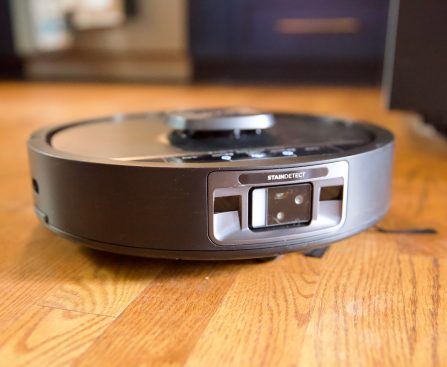# Preview App Grows Beyond the Mac with iOS 26 and iPadOS 26
Apple regularly enhances iOS with additional features, yet the launch of completely new system applications is uncommon. In iOS 26, Apple has introduced two fresh applications: Preview and Apple Games. The Preview app, modeled after its Mac version, acts as a dedicated center for viewing and editing PDFs and images, now accessible on both iPhone and iPad.
## Capabilities of the Preview App
The Preview app offers a variety of functions for users, which include:
– **PDF and Image Viewing**: Users can conveniently access and view their PDFs and images stored within the Files app directly in Preview.
– **Editing and Markup Tools**: The app allows users to create sketches, annotate documents, and edit images utilizing Apple Pencil or touch.
– **Form Completion**: Users can take advantage of the AutoFill feature to quickly complete PDF forms.
– **Multi-Document Handling**: Preview simplifies the handling of multiple documents, making it easier to switch between them.
## Personal Experience with Preview
Since the beta launch of iOS 26, I have been heavily using the Preview app. At first, I was doubtful about its additional benefits compared to the Files app. However, I have come to value its independent functionalities.
### Benefits of Using Preview
1. **Improved Document Management**: With an increase in document organization due to personal projects, Preview has optimized my workflow. PDFs now automatically open in Preview, allowing for quicker access and viewing.
2. **Quick Look Feature**: Although PDFs open in Preview by default, the Quick Look function in the Files app allows for concurrent viewing of several documents. This capability boosts multitasking, enabling efficient navigation between various PDFs.
3. **Tailored for iPad**: The iPadOS 26 windowing system permits unique configurations, where I can keep Preview open in a large window while browsing the Files app in a smaller one. This arrangement aids in rapidly accessing different documents.
4. **Comprehensive Editing Tools**: Preview provides an extensive collection of tools for PDF editing, closely mirroring the functions found on the Mac. Features such as adding or removing pages, signing documents, and completing forms enhance the user experience.
## Conclusion
The Preview app has demonstrated its value as an important addition to iOS 26 and iPadOS 26, equipping users with improved document management and editing functionalities. Its integration with the Files app and the enhanced toolset make it a valuable asset for both iPhone and iPad users.
What has your experience been with the Preview app in iOS 26? Share your insights in the comments.










